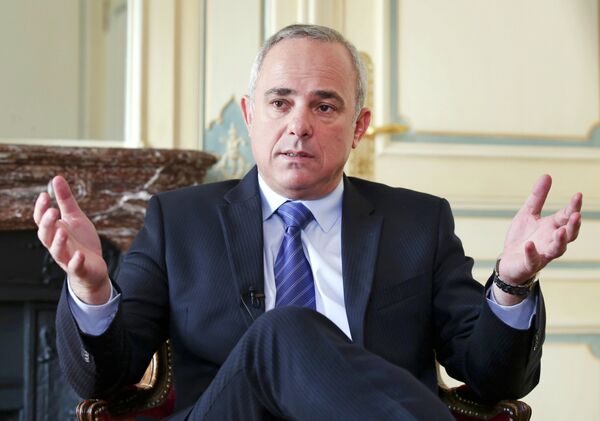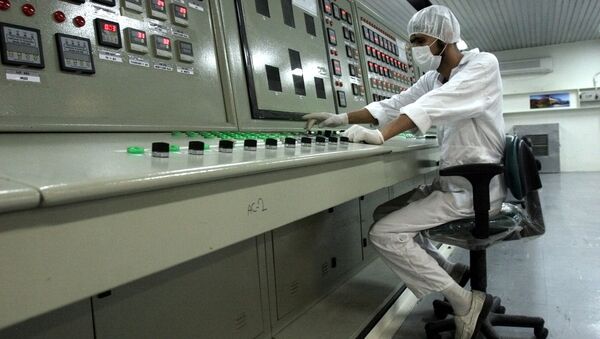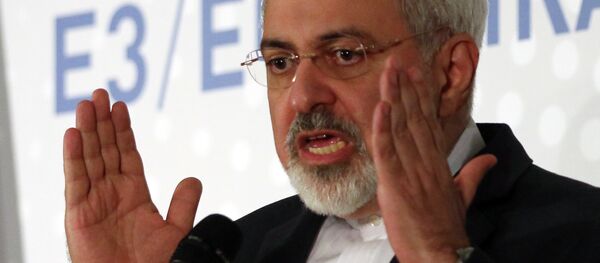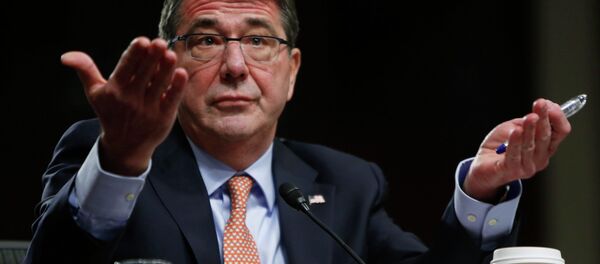Last week, negotiations between major world powers and Iran came to a long awaited framework agreement. In exchange for the lifting of sanctions, Iran agreed to limit its uranium enrichment capacity to ensure that its nuclear goals were purely peaceful.
But despite this landmark deal, Yuval Steinitz, Israel’s minister for strategic affairs, told reporters on Monday that military options are still "on the table."

"It was on the table. It’s still on the table. It’s going to remain on the table," Steinitz told reporters. "Israel should be able to defend itself, by itself, against any threat. And it’s our right and duty to decide how to defend ourselves, especially if our national security and even very existence is under threat."
Steinitz made similar comments last week. Speaking to a public radio audience, he said that Israel would counter any nuclear threat, adding “if we have no choice we have no choice…the military option is on the table,” according to Ynetnews.
"The prime minister has said clearly that Israel will not allow Iran to become a nuclear power," Steinitz said last Thursday.
Steinitz has also released a list of changes the Israeli government would like to be made to the framework. These include the closing of Iran’s underground Fordo facility, the shipping of all enriched uranium out of Iran, and the freedom for international inspectors to go "anywhere, anytime."
Prime Minister Benjamin Netanyahu has been fiercely opposed to the nuclear negotiations. During a controversial speech before the US Congress last month, he stressed that "this deal will change the Middle East for the worse and will spark a nuclear arms race in the region."
During that speech, Netanyahu also called for a nuclear-free Middle East, though Israel is believed to be one of the few nations in possession of nuclear weapons. A classified document released by the Pentagon last month revealed that the Israeli government has been developing nuclear weapons for decades.
Of course, Israel isn’t the only one threatening military action against Iran. Last Tuesday, US Defense Secretary Ashton Carter expressed a similar sentiment while on NBC’s Today program.
"The military option certainly will remain on the table," Carter said. "One of my jobs is to make sure all options are on the table."
The framework deal allows Tehran to operate uranium enrichment centrifuges at reduced capacity and under intense observance for the next 15 years. A full agreement still has to be agreed to, and that deadline is set for July 1.




